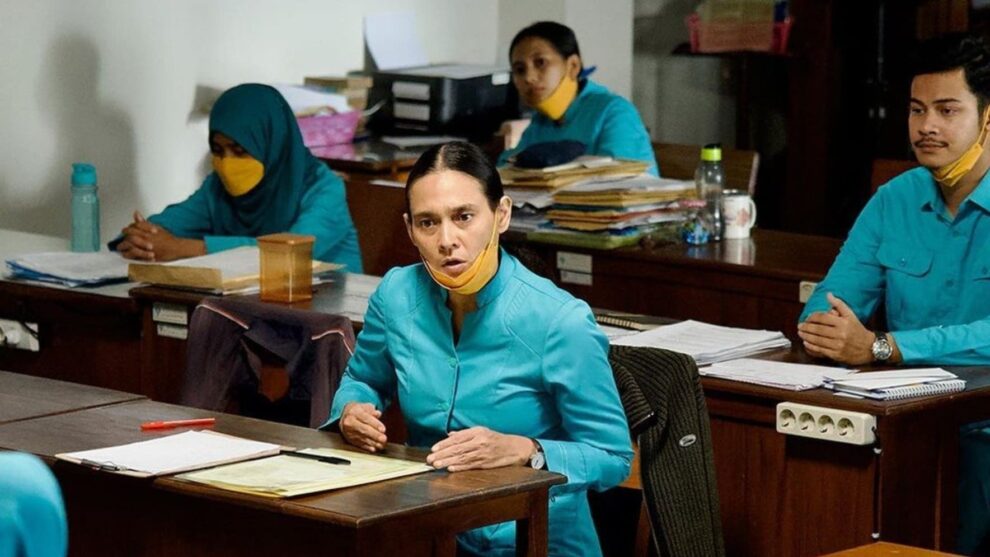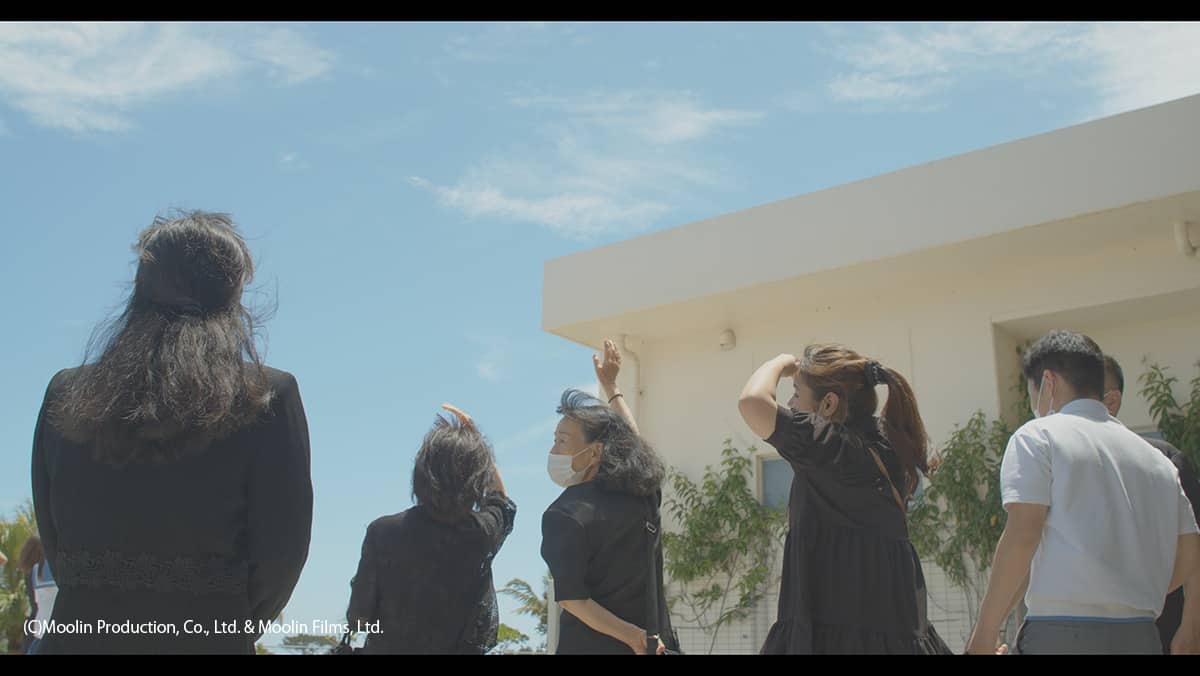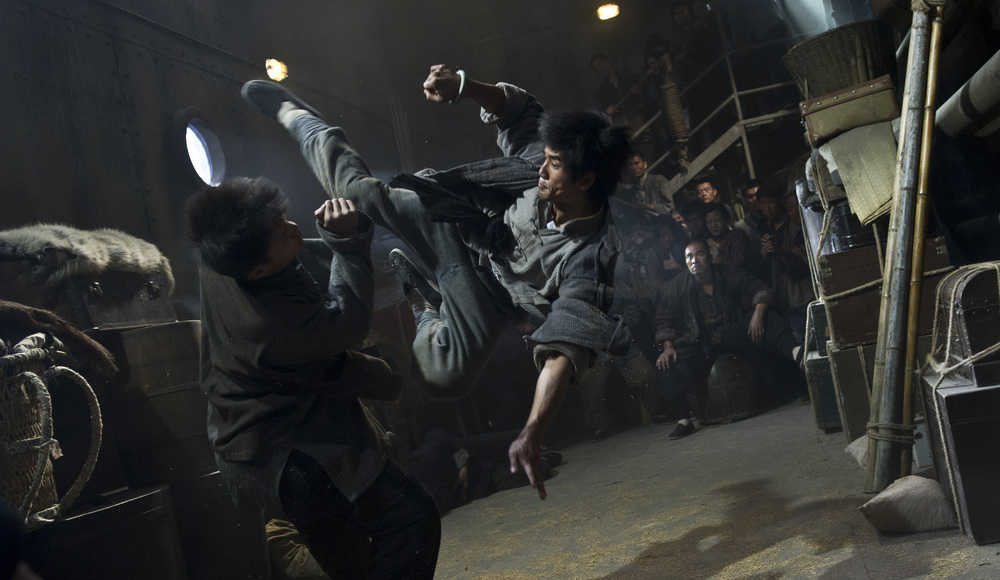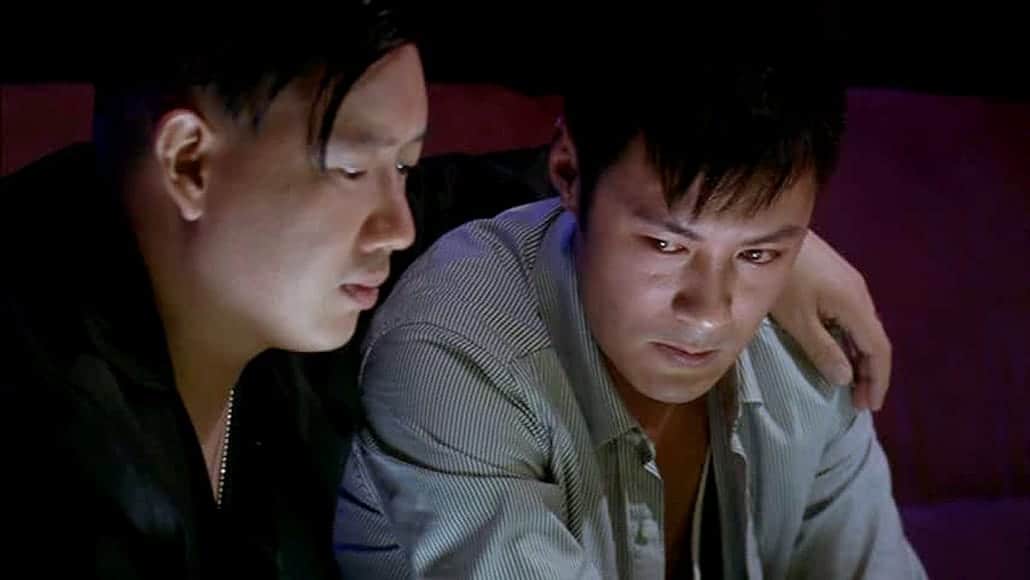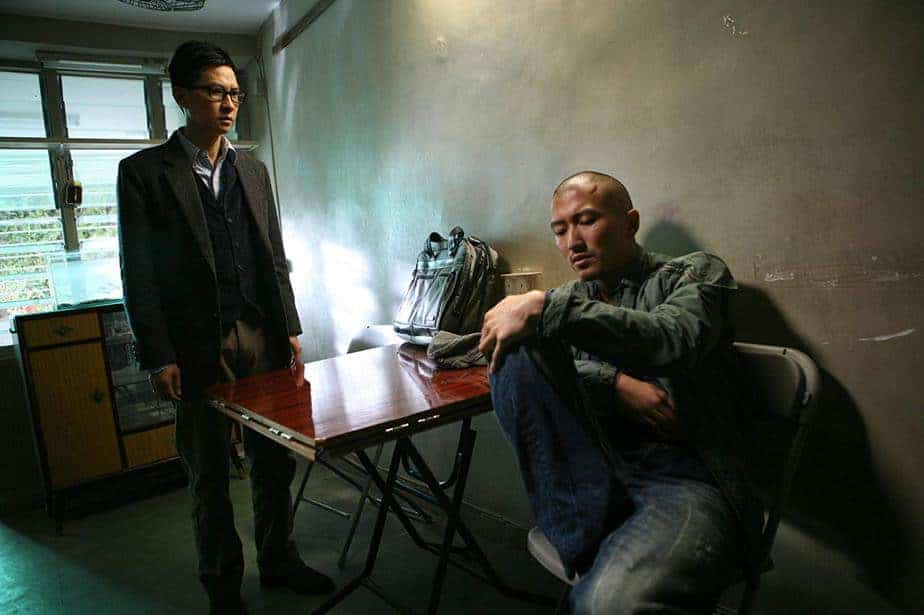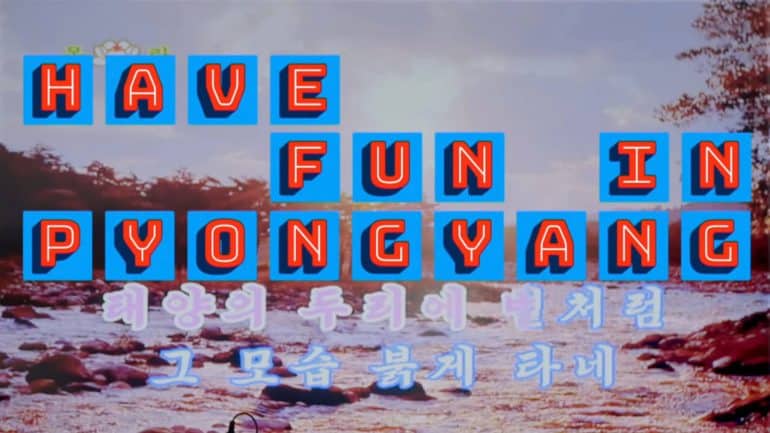After his full-length debut, “Photocopier”, that came out in 2021, Wregas Bhanuteja decided to continue the exploration of current public issues regarding the use of technology and social media. However, in “Andragogy”, which premiered at the 49th Toronto International Film Festival, the main character is not a teenager, but a middle-aged teacher. Hence the English title, which means “the art of teaching adults or helping adults learn”, perfectly captures the film's message – in this rapidly changing world, people need to acquire new skills throughout their entire lives. The movie was met with critical acclaim as it received seventeen nominations at the 43rd Indonesian Film Festival, including Best Picture, and won two awards – for Best Actress, and Best Supporting Actress.
Andragogy is screening at Cinemasia
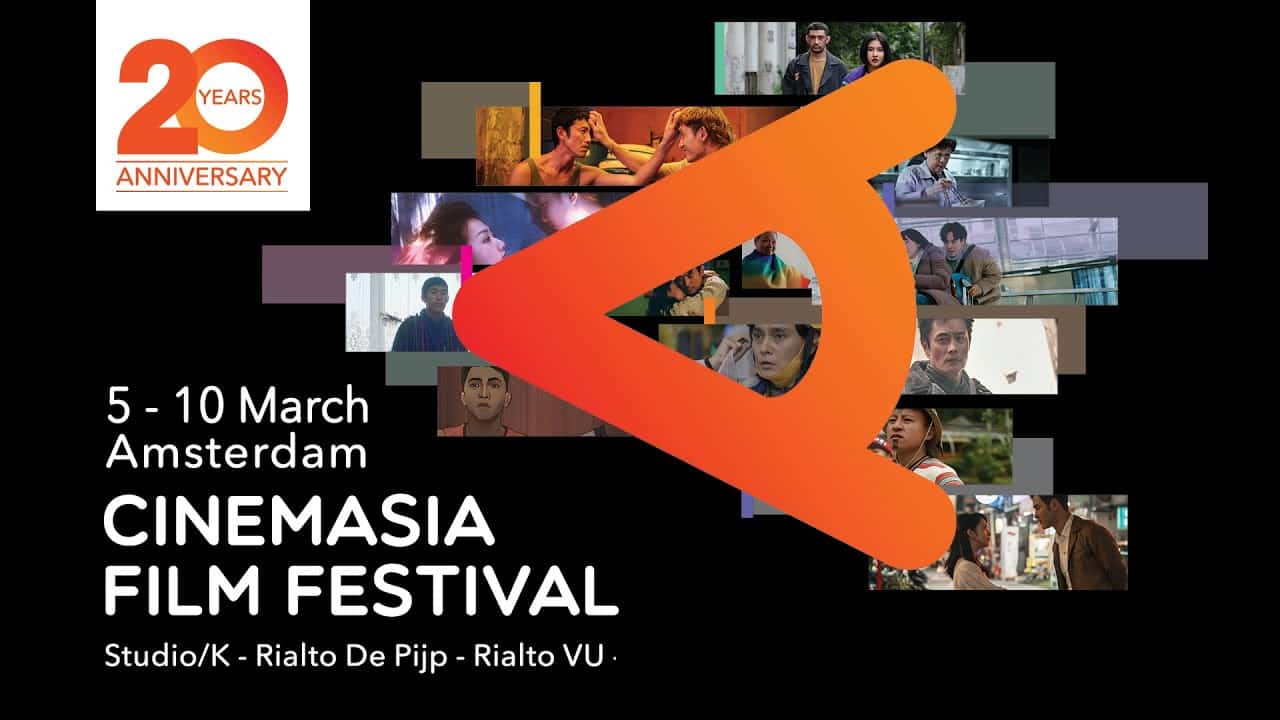
The story, written by the director himself, concentrates on Prani (Sha Ine Febriyanti). She is a school teacher recognized for her innovative disciplinary methods that help students correct their bad behavior. When she witnesses someone cutting in line at a popular coconut-cake stand, she boldly speaks out against this kind of action. Someone uploads a video of the situation, which quickly goes viral, becomes misinterpreted, and triggers online criticism. Suddenly, Prani's reputation is damaged, and prospects for her promotion are at risk. Despite her family's efforts to help her clear her name, the situation escalates out of control.
Check also this interview
Bhanuteja's previous movie tells a story about a student whose scholarship is revoked because she posts some “improper” photos from a party on her Instagram account. After this, she tries to unravel the events of that night and, in effect, clear her name. In “Andragogy”, the Indonesian director revisits themes from his debut, depicting the negative impact of social media, and the main character's attempts to repair her image. However, this time he takes a slightly different perspective, engaging in the discussion about cancel culture, and hasty judgments based on situations observed on the Internet.
The film exposes the rash nature of discussing things on the Web, and the lengths people go to maintain their online image. The most striking example of the immense (grotesque one might say) effort put into creating an online persona is the son of the main character, influencer Muklas (Angga Yunanda), who even wears special contact lenses for his streams. However, in contrast to the exaggerated portrayal of Internet culture, the director also depicts the “real” family relationships and the complex bonds connecting the characters, as they work together to help Prani clear her name.
Although the narrative concentrates mainly on the character portrayed by Sha Ine Febriyanti, the film's strength lies in presenting the relations between many characters – the whole cast delivers good performances with expressive acting and witty lines. Worth highlighting is the performance by Prilly Latuconsina as Tita, Prani's justice-seeking daughter, as she convincingly shows the anger and disappointment regarding the functioning of mass media. The only downside in terms of characters is Prani's husband, Didit (Dwi Sasono). He is a person suffering from depression, but the portrayal of this topic is very shallow and borders on cartoonish.
The cinematography by Gunnar Nimpuno is quite simple yet colorful and dynamic. It complements the narrative rather than drawing attention away from it. The movie is light in form but serious in content, which allows it to maintain its viewer's engagement without being prolonged or feeling tedious. The style of filming underlines how difficult it is to predict what will happen next in the story, just as social media trends themselves are not easy to anticipate.
In today's digital age, where almost everyone carries a recording device with them at all times, capturing and sharing things online tends to be rapid and thoughtless. In “Andragogy,” Bhanuteja investigates this cultural phenomenon which has serious consequences, frequently turning minor incidents into life-changing events. The director appears to critique content culture, yet at the same time, his light style somewhat resembles content itself. The movie might not be a profound analysis of the modern Internet community, but it is clear that the young director tackles difficult and contemporary themes with excitement and insight.


